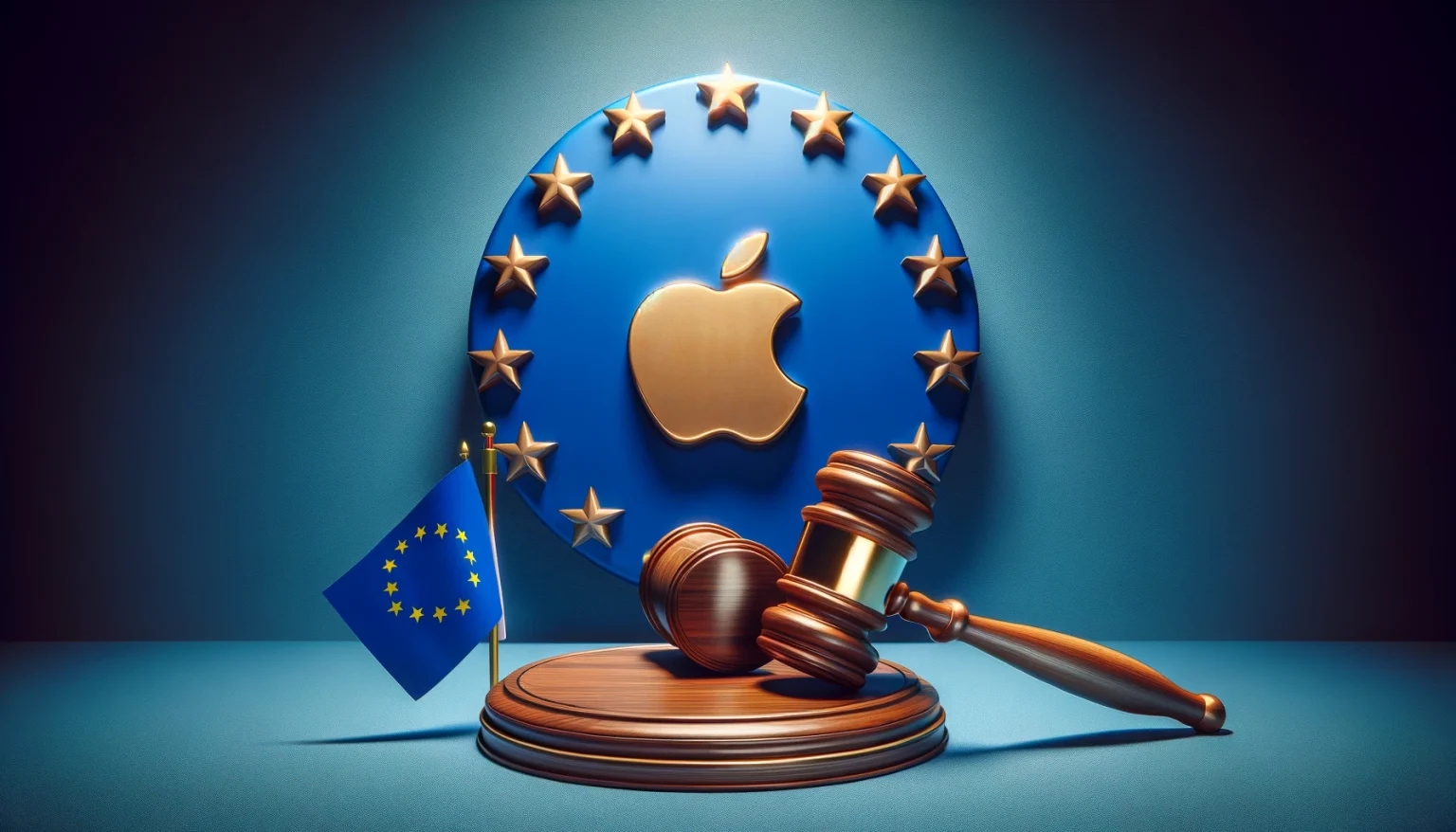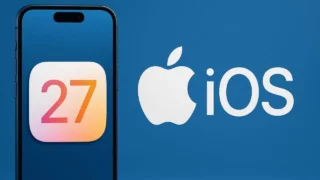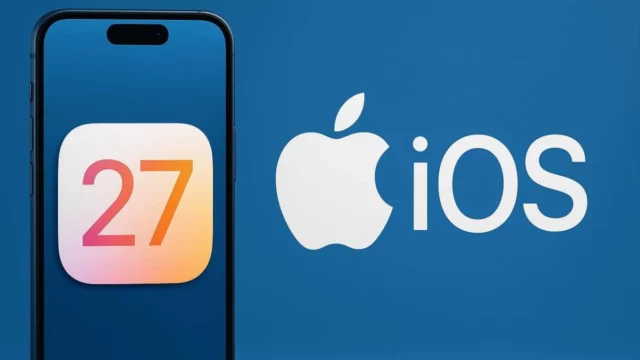In a press release on Monday, the EU Commission announced that its investigation found “Apple prevented music streaming app developers from fully informing iOS users about alternative and cheaper music subscription services available outside the app” and blocked instructions for subscribing to such offers. Apple fined $2 billion as a result of this investigation.
According to the report, this fine was imposed before the Digital Markets Act of the EU came into effect, compelling Apple to make significant changes in its app distribution rules. Margrethe Vestager, the Executive Vice President in charge of Competition Policy at the EU, stated that Apple had abused its dominant position in the market for the distribution of music streaming apps through the App Store for a decade.
It was noted that Apple maintained this dominance by preventing developers from informing consumers about alternative, cheaper music services available outside the Apple ecosystem. This situation is illegal under EU antitrust rules, leading to a fine of over €1.8 billion for Apple today.
Apple’s antitrust violation and its consequences as fine
The Commission determined the fine by considering the “duration and severity” of the violation, Apple’s total revenue, and market value. The EU’s investigation began in 2020 after Spotify’s antitrust complaint criticizing Apple’s 30% commission and App Store rules was announced.
In 2021, Apple announced that it would allow developers to promote payment methods outside the iOS app through communication means like email. Then, in 2022, it permitted developers to add links to their own sites within iOS apps.
However, this second change was only applicable to “reader apps” that provide digital content, and developers were required to “request the right” to add external links. Apple announced plans to allow third-party app marketplaces on the iPhone in the EU from March 7, in compliance with the EU’s Digital Markets Act (DMA).
This represents a significant change in Apple’s history and is part of the effort to comply with EU regulations. This development serves as a warning to other tech companies about similar practices and aims to promote competition on digital platforms.
The fine is significant as it demonstrates how tech giants will strategize their app distribution and developer relationships and comply with EU regulations. How Apple responds to this fine and shapes its future app policies is a matter of keen interest in the tech world.














